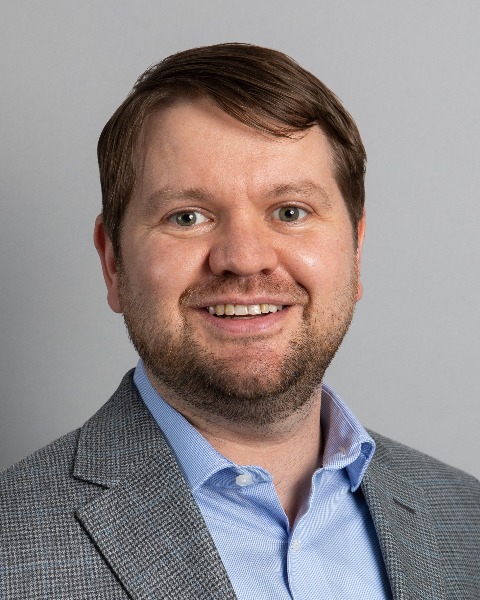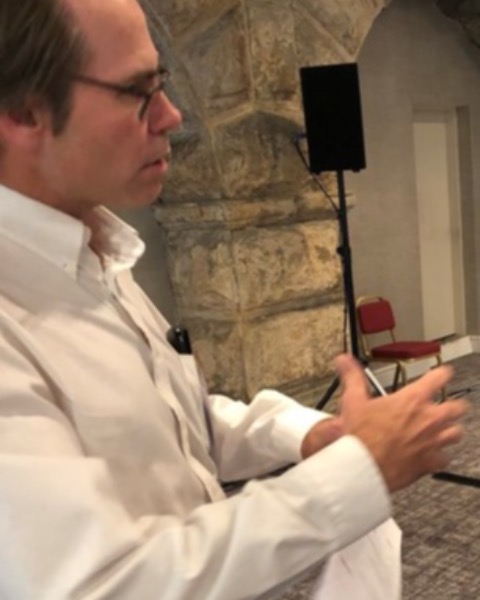Cellular and Molecular Bioengineering
(H-288) Tumors lacking the Macrophage Immune checkpoint ligand CD47 grow as normal but can be eliminated by Antibody-opsonization
- NO
Nicholas Ontko
Graduate Student
University of Pennsylvania
canton, Michigan, United States 
Lawrence J. Dooling, PhD (he/him/his)
Postdoctoral Researcher
University of Pennsylvania
Philadelphia, Pennsylvania, United States
Dennis E. Discher, PhD (he/him/his)
Robert D Bent Professor
University of Pennsylvania
Philadelphia, Pennsylvania, United States
Presenting Author(s)
Co-Author(s)
Primary Investigator(s)
Materials and Methods::
B16 mouse melanoma cells lacking CD47 were generated by CRISPR/Cas9 gene editing and subsequently maintained in RPMI growth media. To generate tumors, 2x105 cells were injected subcutaneously into 6-week-old C57 mice. Each mouse was treated intravenously with 250 µg anti-Tyrp1 antibody on days 4, 5, 9, 11, 13, 15. Tumors were measured with digital calipers every 2 days. Blood was collected retro orbitally every 2 weeks. For in vitro confirmation of phagocytosis, bone marrow derived macrophages (BMDMs) were used. Bone marrow was collected from the femurs of mice and plated in culture media with M-CSF and allowed to differentiate for 7 days. Derived macrophages were plated along opsonized B16 CD47 KO cells for 2 hours and imaged by fluorescence microscopy. Similarly, conditionally immortalized macrophages (CIMs) are another model that is being used. SIRPα was knocked out of CIMs and passaged in culture media with β-estrogen and GM-CSF. For differentiation, progenitor cells were grown in culture media with M-CSF. Animal experiments were approved by the Institutional Animal Care and Use Committee at the Univ of Pennsylvania.
Results, Conclusions, and Discussions::
Mice with CD47 KO B16 tumors survived at a rate of about 40% when treated with i.v. anti-Tyrp1 compared to no long-term survival among untreated mice or to a treated cohort of mice with WT B16 tumors. Some treated mice showed a partial response characterized by slower tumor growth compared to non-responding and control mice. We hypothesize that such partial responders would benefit from increased numbers of phagocytic macrophages. Long-term survivors from the treated cohort resisted re-challenge, suggesting an acquired immune response. We are identifying anti-B16 IgG antibodies in the sera of survivors and are show this is functional in in vitro phagocytosis assays.
We demonstrate that complete blockade of the CD47-SIRPα checkpoint via cancer cell engineering enhances in vivo clearance of tumors, but only when combined with an otherwise ineffective monoclonal antibody that activates effector immune cells including macrophages. Having identified the key initiating role of these macrophage pathways, our future experiments will aim to minimize use of the needed opsonizing antibody and also to leverage adoptive transfer of engineered macrophages. Our goal will be to further increase survival and activation of adaptive immunity.
Acknowledgements (Optional): :
References (Optional): :
